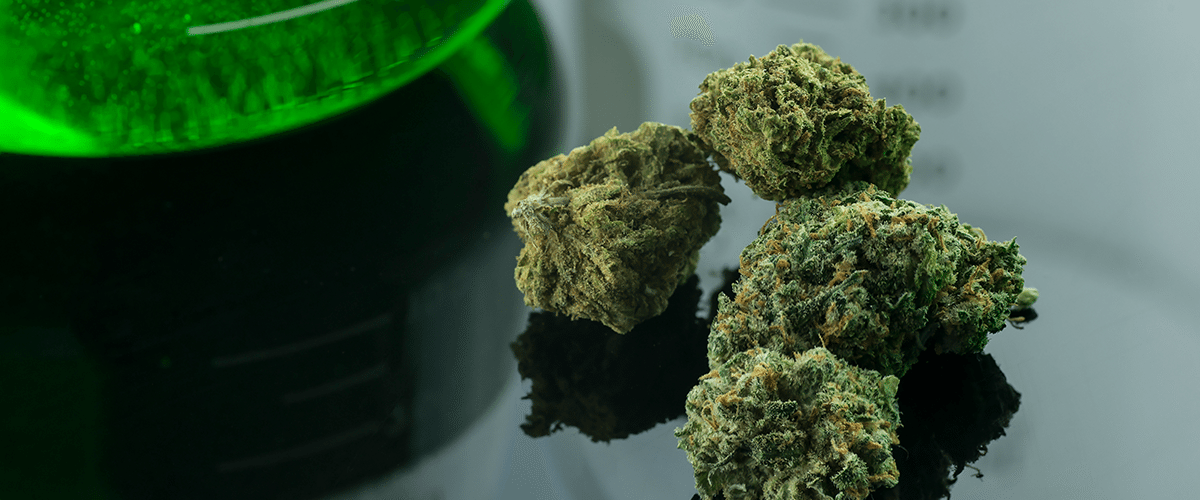[vc_row][vc_column][vc_column_text]
North Dakota’s Health Department has set a tentative timeline for its upcoming medical marijuana program.
Patients in North Dakota can tentatively expect to be able to legally purchase cannabis next spring. The state Health Department recently released a timeline for its medical marijuana program and if things go as planned, sales would begin in April, May or June 2018.
“I think we’re still on track to deliver 12-18 months after the signing of the bill,” said Kenan Bullinger, director of the department’s medical marijuana division.
Voters in North Dakota approved the North Dakota Compassionate Care Act to legalize medical cannabis last November. State lawmakers then crafted a measure establishing the regulatory structure for the program earlier this year, and it was signed into law by Gov. Doug Burgum in April.
The timeline gives potential medical marijuana growers and distributors until July 28 to notify the agency whether they intend to apply for cultivation licenses or dispensary permits. There are no costs associated with submitting a letter of intent, and the letters are not binding. They are intended to give officials a better idea of the volume of interest and how long processing will take.
“We want to know how many are really serious about getting into this, either from a grower standpoint or a distribution standpoint,” said Bullinger.
The Health Department tentatively plants to open the official application period in early August. All applicants will eventually be charged a nonrefundable $5,000 fee. The application process is expected to close at the end of September, and the agency would review and award licenses and permits in early November. Those awarded cultivation licenses will pay $110,000 and those given dispensary permits $90,000 for two-year certificates.
“We want real, complete and thorough applications,” Bullinger added. “We want to give as much time as possible.”
The North Dakota Compassionate Care Act allows qualified patients to legally purchase and use medical marijuana for several “debilitating medical conditions,” including cancer, HIV and AIDS, hepatitis C, amyotrophic lateral sclerosis (ALS), post-traumatic stress disorder (PTSD), Alzheimer’s disease or other dementia, Crohn’s disease, fibromyalgia, spinal stenosis or chronic pain related to neuropathy or damage to the spinal cord, glaucoma, and epilepsy. Medical cannabis can also be recommended to patients suffering from cachexia or wasting syndrome, severe debilitating pain, intractable nausea, seizures, or severe and persistent muscle spasms.
Under the law, patients must register with the state and are not permitted to personally grow their own cannabis. The state’s regulatory structure calls for two compassion centers that will manufacture the cannabis, and eight dispensaries for distribution.
North Dakota is one of 29 U.S. states that have legalized marijuana for medical purposes. The nation’s cannabis market is growing faster than the dot-com boom of 2000, and according to market research reports, medical cannabis is increasingly being used in place of traditional pharmaceuticals. Oklahoma, and possibly Missouri and Utah, will vote on medical marijuana measures in 2018.
Learn more about medical marijuana laws in the U.S. by visiting our education page. Keep up with the growing cannabis industry through our news feed.[/vc_column_text][/vc_column][/vc_row]






